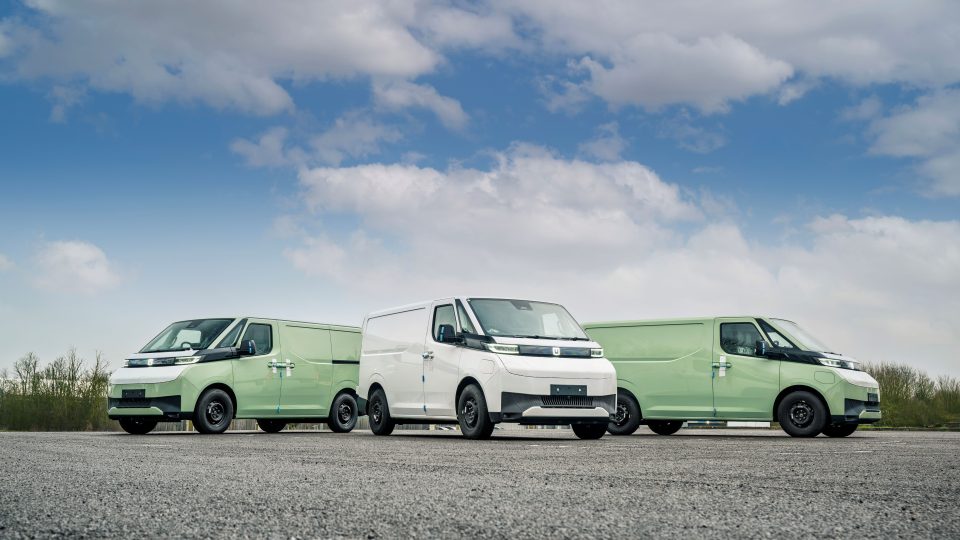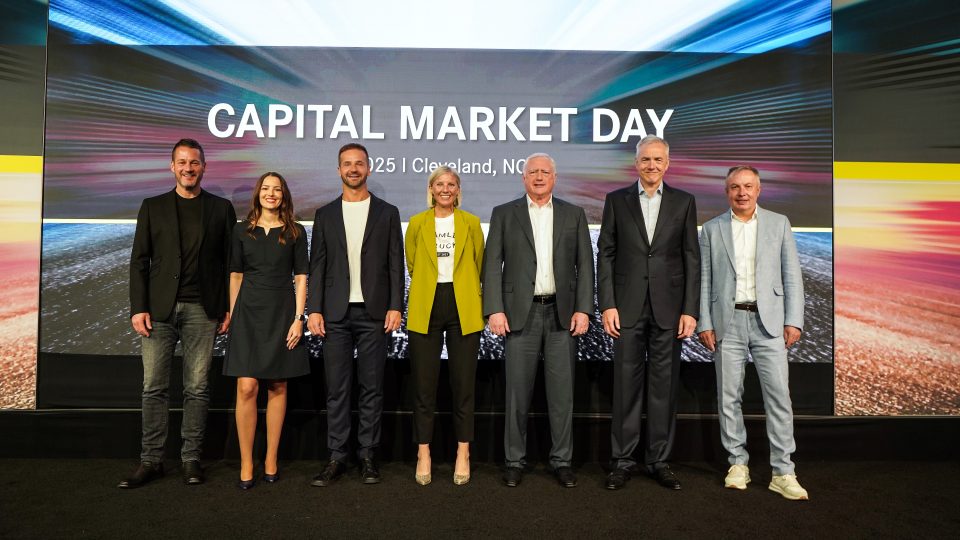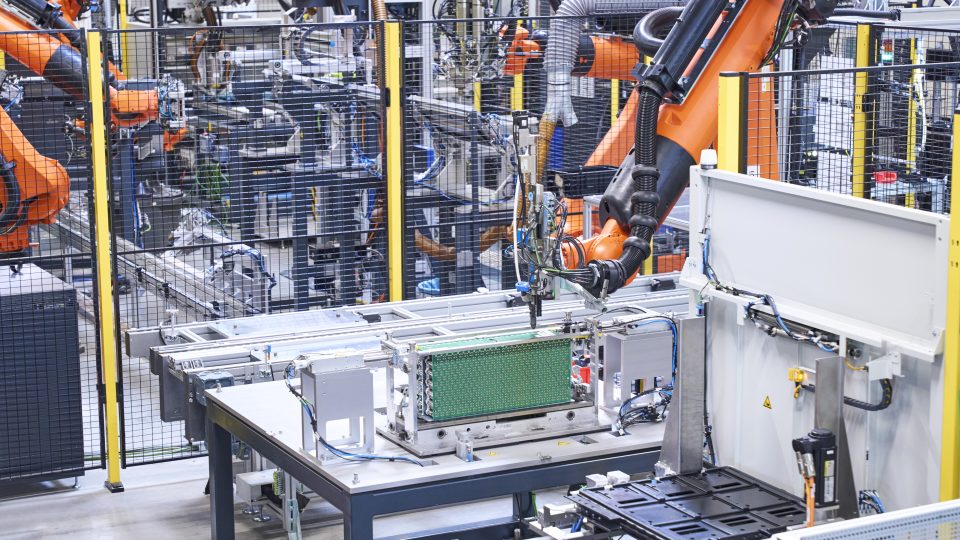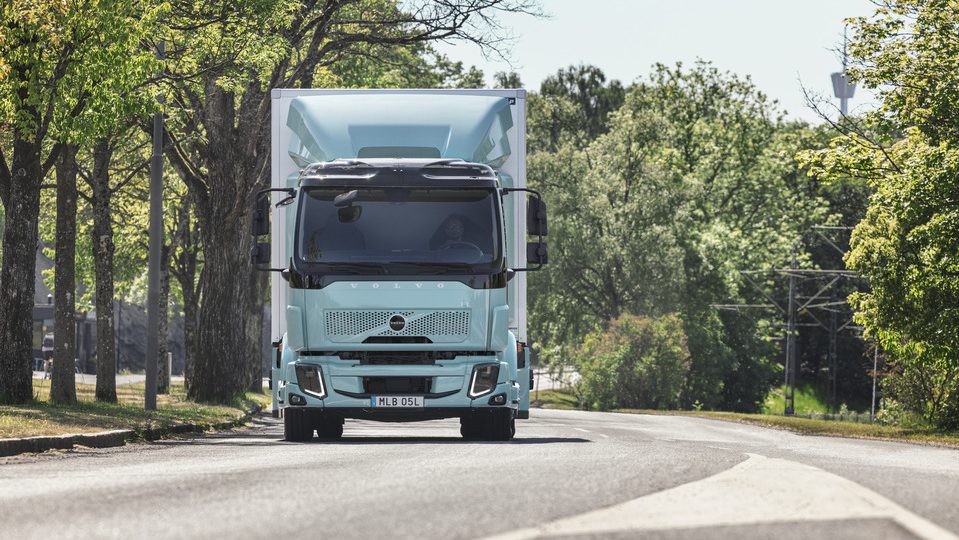IRU Green Compact 2050, a roadmap to carbon neutrality
IRU, the world road transport organization, has been promoting the so-called Green Compact 2050, a roadmap to be shared with international policy makers as well as business players aimed at effectively reduce CO2 emissions in commercial transport to net zero by 2050. On June 24, a digital event was broadcasted in order to gather together some of these international players and talk about some of the possible solutions to achieve this goal.

IRU, the world road transport organization, has been promoting the so-called Green Compact 2050, a roadmap to be shared with international policy makers as well as business players aimed at effectively reduce CO2 emissions in commercial transport to net zero by 2050, while maintaining the economic prosperity and social integration that road transport underpins, as stated by IRU.
On June 24, a digital event was broadcasted in order to gather together some of these international players and talk about some of the possible solutions to achieve this goal. «If the Green Compact is implemented to its full potential, the road transport industry could be decarbonised well before 2050». This is the idea expressed by the IRU.
IRU Green Compact 2050
The Green Compact is a set of key principles based on IRU’s decarbonisation vision, including required action by governments to implement five decarbonisation pillars, among which are more efficient logistics thanks to the use of eco-trucks, implementation of low- and zero-carbon fuels as well as increased use of collective passenger transport.
So far, several alternatives – including biofuels, e-fuels, electricity, CNG, LNG and hydrogen – are needed for different reasons in different regions. According to the IRU, alternative fuels are the most impactful pillar to decarbonise road transport with the potential to reduce CO2 emissions by 40 percent by 2050.
Transport more with less
Moreover, road transport companies are obliged to operate their vehicles and equipment in the most efficient way. The size and shape of trucks, as well as the systems that optimise their use, help to reduce CO2 emissions. One of the easiest, tried and tested solutions to reduce emissions are Eco-trucks. In other words. Eco-trucks, which carry more goods than standard vehicle combinations, offer a quick and workable solution to reduce CO2 by up to 35 percent. By 2050, at least 24 million standard trucks need to be replaced with Eco-trucks, allowing for CO2 savings of up to 700 million tonnes.
Improving vehicle efficiency through technology
Another way to achieve significant results in terms of decarbonisation is improving vehicle energy efficiency through the use of state-of-the-art technologies, including low-rolling resistance tires, aerodynamics, waste-heat recovery or lightweighting materials, just to make some examples. One way to accelerate this – states the IRU – is to increase fleet renewal rates to ensure that new emission- reducing technologies are deployed as quickly as possible.
«The Paris Agreement on climate change is the blueprint», said Niclas Svenningsen, Manager of the UNFCCC Secretariat, the board for climate change within the UN. «The most difficult thing is to change people’s behavior, so all the citizens have to do their part. We’re still in a global pandemic and we’ve got to decide how to use investment packages at best».
«Alternative fuels infrastructure is key»
«Transport will need to decrease emissions by 90 percent by 2050. How to get to this decarbonized transport sector?», said Yvon Slingenberg, Director in DG Climate Action of the European Commission. «The post-pandemic scenario has investments that will support all the sectors regarding a cleaner world, including transportation. Here, alternative fuels infrastructure is key component to drive this transition».
Investments in infrastructure have been asked also by Jochen Tewes, CEO of DB Schenker, a primary global logistics operator. «65 percent of transportation is done by truck, and that cannot be changed so easily, so decarbonizing truck transportation is a much bigger issue to tackle. Biofuel is absolutely crucial, hydrogen will have no impact until the end of the decade, so we need a different approach to e-trucks, find better ways and drive forward to faster decarbonization, now».
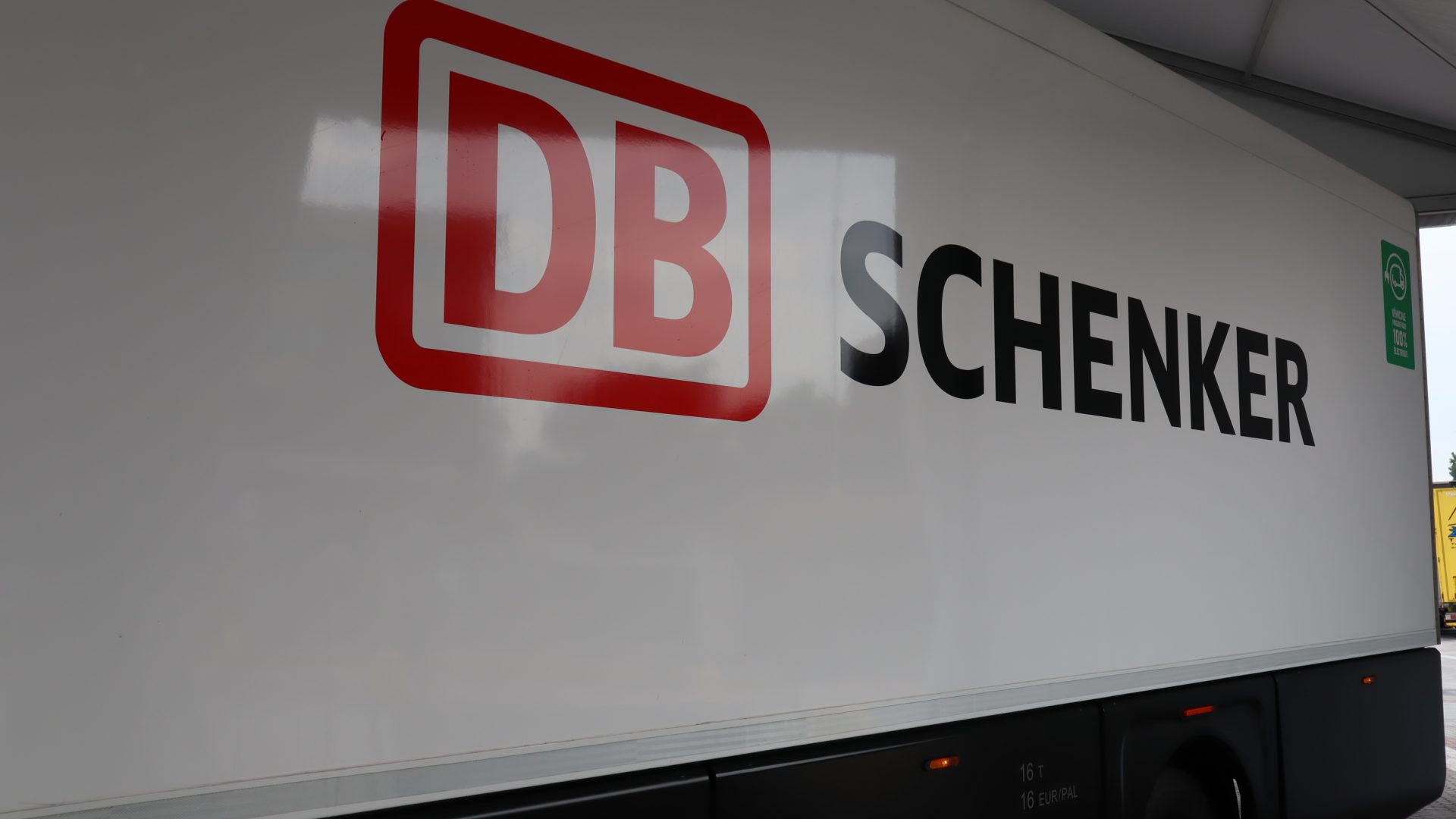
Electromobility as part of the solution, though, not the overall solution, as stated by Sigfried Hegelmann, Head of the German transport company Hegelmann, specializing in long-haul transportation. He underlined that, when it comes to long-haul, electric trucks have still a lot of issues, not easy to solve, such as autonomy, charging stations and infrastructure as well as power availability. Ultimately, Hegelmann pointed his finger on the need to reduce unnecessary transport, even shortening supply chains, in order to help reduce emissions.
Surfing between several technologies
Gerrit Marx, the designated CEO of CNH on-highway business, thinks that we should be more ambitious and pursue a well-to-wheel approach. «LNG trucks is the only available neutral technology today. Fuel cell is the way to go, even though it will require a lot of time. On the other hand, our entire electric ecosystem is currently incapable of charging the fleets. I’m a big fan of batteries, but I don’t think it’s a good approach for long-haul», he said, adding that we still have to face the crucial issue of recycling.
Working around a shared roadmap is maybe the only solution to actually face the issue of decarbonisation. Not an ‘if’, but rather a ‘when’, as repeated during the web event.










